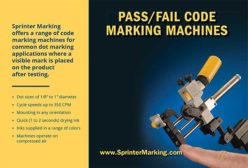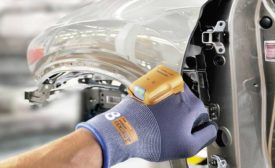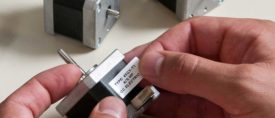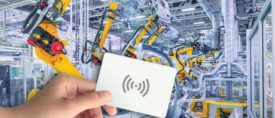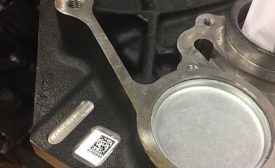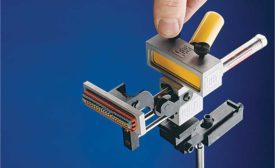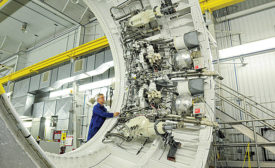Home » Keywords: » Auto ID
Items Tagged with 'Auto ID'
ARTICLES
What’s New With Labels and Label Printers
Durable materials and proven printing methods ensure a high-quality label for any size part.
August 5, 2021
Code Marking Considerations
Production volume, durability, substrate and total cost of ownership are among many factors to consider when choosing a part marking technology.
December 12, 2017
What’s New With RFID
RFID technology has become critical for assembling cars, appliances and other high-value, high-mix products.
August 7, 2017
Get our new eMagazine delivered to your inbox every month.
Stay in the know on the latest assembly trends.
SUBSCRIBE TODAY!Copyright ©2024. All Rights Reserved BNP Media.
Design, CMS, Hosting & Web Development :: ePublishing


